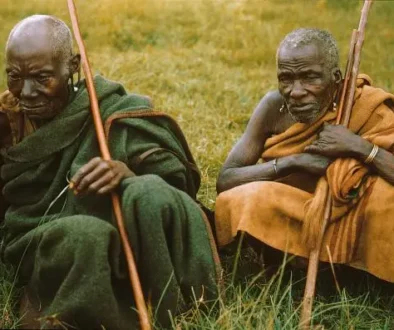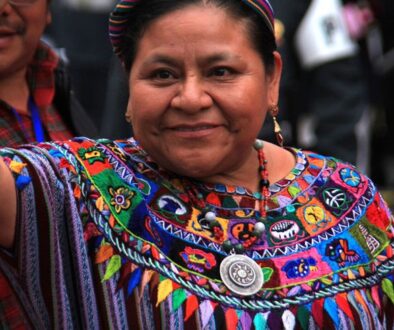International Day of Indigenous Peoples: resilience and spiritual resistence
Indigenous World9 August 2020
August 9 is the date chosen by the UN to celebrate the International Day of Indigenous Peoples. In 2007, after years of debates, the UN adopted the Resolution on the Rights of Indigenous Peoples: Right to existence, to maintain their culture, to cultivate their spirituality, to keep their systems of governance, as well as the essential territorial rights, among others. The adoption of the resolution was very hard, yet its application has been quite limited.
Indigenous peoples are our older brothers – to whom we owe so much – marginalized, persecuted and criminalized in many countries around the world. In recent centuries it has been estimated that 25% of the indigenous peoples of the Earth have been exterminated and that 50% of those who remain are seriously threatened with extinction. Despite the genocides they have suffered, and continue to suffer, thousands of indigenous peoples still thrive on every continent (including Europe) often confined to inhospitable places. According to the UN they are about 400 million, but they could be twice as much, if the definition of indigenous was less restrictive, including deeply rooted local communities.
Globally, there is a direct correlation between cultural and natural diversity. Indigenous peoples (5% of contemporary humanity) conserve ca. 90% of the world’s languages and ca. 40% of global biodiversity. The 2019 IPCC Special Report on Climate Change acknowledged that indigenous peoples and local communities have a key role to play in preserving ecosystems and preventing deforestation, as they are the ones that best conserve biodiversity, globally. That is why recognizing the rights of indigenous peoples is vital to combating climate change and securing our collective future. However, every year hundreds of indigenous leaders are imprisoned, deported, exiled, or killed, all over the world, to defend their sacred territories, against the voraciousness of mining, oil, carpentry, agro-livestock express, which supply our supermarkets.
The 2019 report of Global Witness documented that last year the highest number of assassinated leaders to defend their territories – almost always peacefully – was reached, since monitoring began. 40% of the killings were indigenous leaders, and 65% of the killings took place in Latin America, especially in the Amazon region. Mining was the deadliest sector, followed by large agri-food and forestry companies.
Our sincere tribute to all of them, as well as to all the NGOs that fight for indigenous peoples and their sacred values, such as the ICCA Consortium or Survival International. And also to all the people who risk their lives to defend them, as the Catalan bishop, Pere Casaldàliga, who left this world yesterday, did for more than 50 years in Mato Grosso, Brasil.




